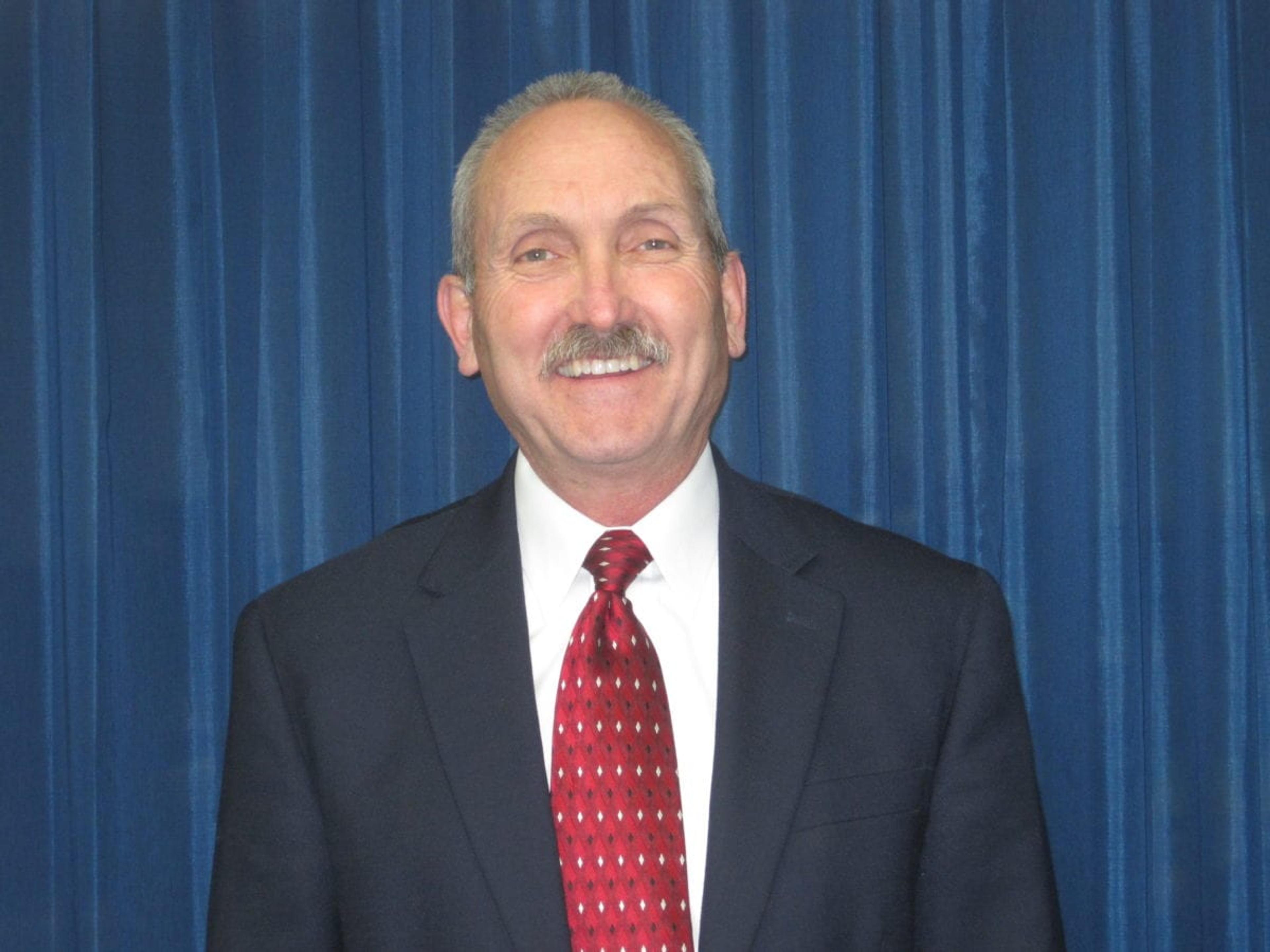50 Years of the Community Mental Health Act
Guest Blogger
| 3 min read

Fifty years ago, President John F. Kennedy signed into law the Community Mental Health Act, which provided grants to establish community mental health centers and research facilities devoted to the treatment of mental health disorders.
The purpose of the Act was to increase community-based care options as an alternative to institutionalization for individuals with developmental and intellectual disabilities. This legislation drastically altered the delivery of mental health services, which inspired a new era of optimism in mental health care and laid the foundation for significant social change.
For the millions of Americans living with a disability or mental illness, JFK’s legislation ended the nightmare of being “warehoused” in secluded hospitals and institutions. The Act led to the establishment of comprehensive community mental health centers throughout the country, which allowed individuals with developmental and intellectual disabilities and mental illnesses who were previously institutionalized, to move back into their communities. The legislation also allowed for inclusion, independence and equality among this community of individuals, so that those with disabilities could lead normal lives.
Studies still show today – nearly 50 years after the Act took effect – that community-based mental health facilities remain the best choice for individuals when compared to the option of institutionalization. Community mental health organizations across the state have worked tirelessly to ensure that individuals with mental illness and intellectual/developmental disabilities have the best chance to live productive and fulfilling lives.
Deinstitutionalization improved the lives of millions of Americans living with intellectual and developmental disabilities by allowing individuals to live with proper support within their communities. The number of Americans with intellectual disabilities who lived in a large state institution declined by 85 percent between 1965 and 2009, including a 98 percent decline in the institutionalized population of children and youth. In addition to the benefits to specific individuals, this cumulative movement of hundreds of thousands of people out of institutions and into their communities symbolized progress for America.
Mental illness and developmental disabilities knows no boundaries and does not discriminate. Instead, it can affect people of any age, religion or income level. According to the National Institute of Mental Health, approximately 58 million American adults experience a mental health disorder each year – and one in five in Michigan will experience a mental illness at some point in their life. Unfortunately, false beliefs and judgment can cause significant problems. By avoiding the stigma surrounding mental illness, we can work together to reduce the problems that result from discrimination.
During the month of October, we can raise awareness and remain vigilant in community efforts associated with improving mental health services. As we celebrate the 50th anniversary of the Community Mental Health Act, and the legacy that John F. Kennedy left, we must remain cognizant of the progress we must still achieve to appropriately address the gaps in mental and behavioral health services.

Michael Vizena, executive director of the Michigan Association of Community Mental Health Boards
Michael Vizena is executive director of the Michigan Association of Community Mental Health Boards (MACMHB), a statewide trade association representing 46 CMH boards and 65 provider agencies under contract with one of more of these boards. Under contract with the state, CMH boards in Michigan are responsible for the management and provision of publicly funded behavioral health and developmental disabilities services within their region. MACMHB coordinates the legislative and public policy advocacy efforts on behalf of these CMH boards and provider agencies.
Vizena has worked in Michigan’s publicly funded mental health system since 1972, including chief executive officer positions with two boards in southeast Michigan.
If you enjoyed this post, you may also like:
Photo credit: SDI Productions





